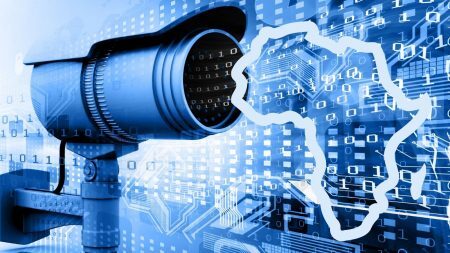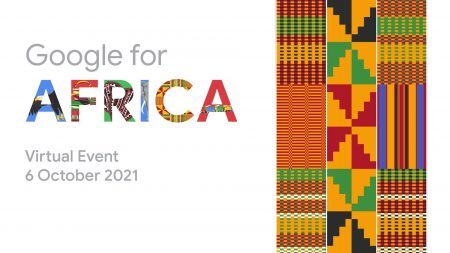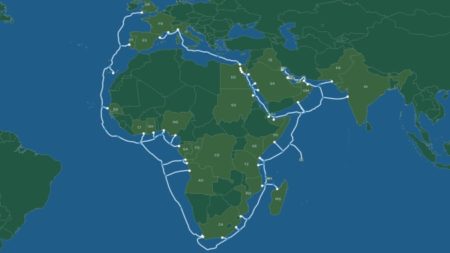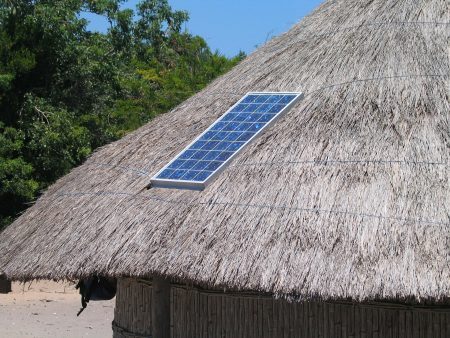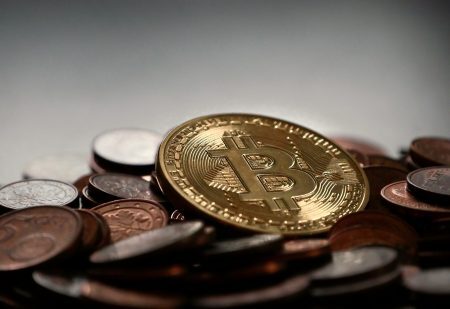In March 2007 in the most unlikely of places, a new era began for how us humans performed one of…
Browsing: Africa
Arguably the most important first step in digital and financial inclusion is getting people online in the first place. The…
On paper, privacy rights for citizens of countries throughout Africa are well protected. Privacy rights are written into constitutions, international…
At a recent Google4Africa event, the search engine juggernaut announced that it “…wants to make the Internet more helpful to…
Unlike constructing things on the continent, Africa’s brand new subsea internet cable is well on its way to completing construction.…
Twitter, the social media platform for folks that enjoy coming together to be miserable, is setting up its first office…
Dr. Msandeni Chiume Kayuni found herself in the middle of a supply crisis as COVID-19 spread to Africa in April…
There’s hope that some industrialised countries will achieve near-universal vaccination against COVID-19 in the coming months. Yet the effort to…
Considering PayPal was invented by an ex-South African (ahem… Mr Musk), you would expect accessing the global wallet service would…
Noted tech investor and occasional musician Jay-Z, along with Twitter founder Jack Dorsey, have launched a new Bitcoin development fund…



